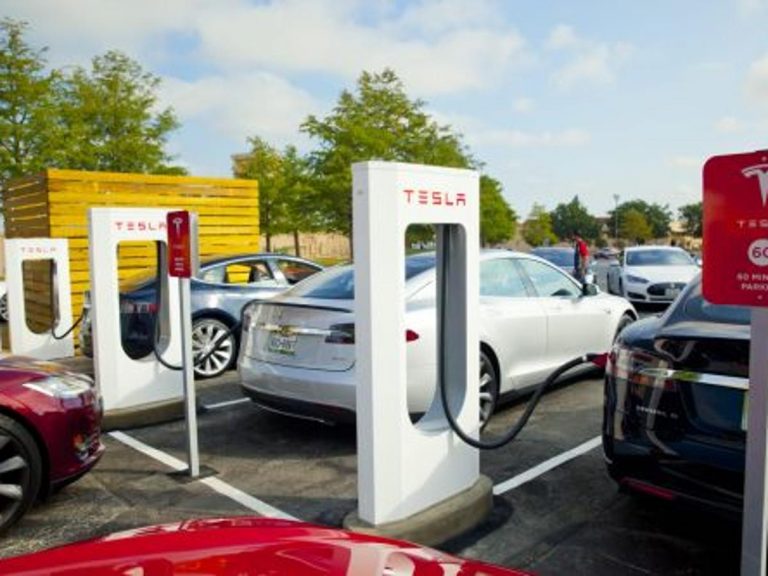
Giant EV automaker Tesla has extended its price cuts to Europe, Israel, and Singapore, in a bid to boost demand. However, these incessant price cuts on its models have seen investors express concern.
Tesla price cuts are coming after the company cites increased production capacity as the reason for price reductions in several European markets, which includes France and Germany, where prices for the Model 3 and Model Y were reduced between 4.5% and 9.8%.
The giant EV maker also cut prices in Israel, which saw the Model 3 reduced by 25%, while Singapore saw reductions between 4.3% and 5% for the Model 3 and Model Y. In the United States, Tesla has cut the price of its base Model 3 by a cumulative 11% since the start of the year, with a 20% reduction on its base Model Y.
Register for Tekedia Mini-MBA edition 19 (Feb 9 – May 2, 2026): big discounts for early bird.
Tekedia AI in Business Masterclass opens registrations.
Join Tekedia Capital Syndicate and co-invest in great global startups.
Register for Tekedia AI Lab: From Technical Design to Deployment (next edition begins Jan 24 2026).
Tesla in an official statement on Friday explained its decision for the recent price cuts, which it said, “Our mission is to accelerate the transition to renewable energy. Our master plan has set a clear pathway to achieve that mission: the transformation of cost-intensive small-series products to cheaper mass-series vehicles.”
The company’s CEO Elon Musk disclosed that the continuous price cuts have no doubt boosted demand, noting that January’s discounts were successful in generating orders.
Despite Musk’s claims for price reductions, several investors have begun to ask if the company grew too fast. Future cofounder Gary Black, a longtime bull who maintains Tesla as his largest position, cut his 2023 earnings estimates by 20 cents to an even $4 per share. For the first time, he forecasted that Tesla will make less profit than the previous year when it posted earnings of $4.06 per share.
He said, “Tesla has long used its sticker price to balance supply with demand. If the order book was brimming over and customers found themselves enduring long waits before getting their car, Musk would hike them to reduce affordability. Yet, consistently cutting prices can be a risky endeavor. If customers start to expect a carmaker will continue to lower its asking price, then they might hold off on their purchase. Moreover, sizable reductions in new car prices immediately reduce the resale of used cars, anger and existing customers that see their asset depreciating”.
Some other investors argue that lowering the prices of its vehicles can help expand the pool of potential customers that can afford a Tesla, furthering its stated goal of accelerating the push to sustainable transportation. Others have urged Musk to drop his ideological opposition to commercial spots and advertise the advantages of Tesla’s products.
Investors are waiting for Wednesday’s results when Tesla reports its revenue for the first quarter (Q1), which will reveal whether the company’s incessant cost cuts have found a way to comfortably absorb the hit without jeopardizing profitability.



